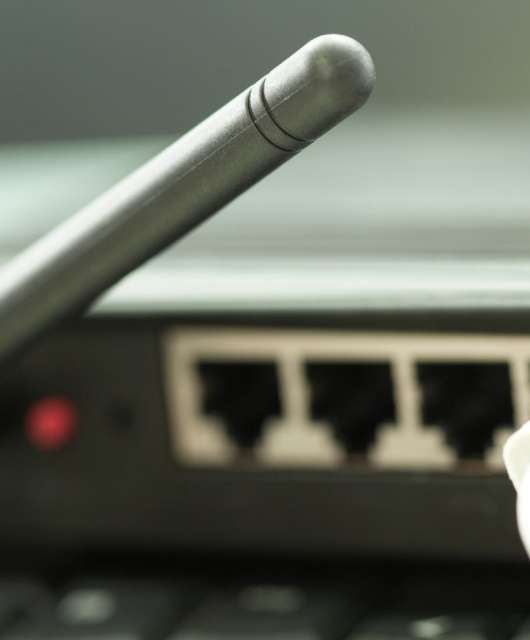Today is Safer Internet Day. This day promotes safer and more responsible use of new technologies, especially among children and young people across the world. This year’s theme is ‘Connect with respect’.
The Internet has become a necessity of life for many of us, and the possibilities to stay connected to the Web 24 hours a day are endless: through your PC, laptop, smartphone, tablet, etc. The World Wide Web allows you to book a hotel room, buy a book, publish a picture with your friends or check the weather in Madagascar, just with a couple of clicks and from anywhere. However, as the saying goes, ‘With great power comes great responsibility”.
Social networks have become a huge ‘shop window’ for people, who use it to show others where they’ve been on vacation, their new leather jacket or a picture of their baby. We use them to chat, post messages on our walls, read other people’s messages, that is… to communicate. However, all these activities must be performed with utmost respect and responsibility.
All the information that you share on the Internet leaves your control and it is therefore highly advisable, especially for young people, to be extremely careful what you share through social media, and who you give access to your account. It can be very easy for people to use that information for the wrong purposes, and there are contents you might not want everybody to see.
For these reasons, we’d like to provide you with a series of simple tips for parents and teenagers that will help make your digital life a safer place:
For children and young people:
- Don’t share personal information: With chat and IM programs you can never be 100% sure who you’re talking to. That’s why you should never keep people you don’t know as contacts and -unless you’re sure you can trust the person- never share data such as your telephone number, address, personal photos or other private information.
- Always be friendly: Treat your friends and other people in the same way you would like them to treat you. If you come across activity or comments that you don’t like, tell your parents, teacher or other adults you trust. And don’t just stand by and watch, even if you are not the victim.
- If you have any doubts, ask your parents teachers or other adults: When you receive information that you don’t understand or you think looks dubious, before you do anything, speak to someone you can trust (your parents or teachers, etc.). You should never click the links in these types of messages.
- Browse the Web with caution: When you communicate via messaging or email, you often receive links inviting you to view information. It is advisable never to click directly on these links, but to type in the address in your browser instead. You should also be careful when you view movie trailers, TV ads or when you download games: These are often used as bait to infect your computer. Before opening any of these, scan it with an online antivirus or the security product you have installed. If you’re not sure, always speak to your parents.
For parents:
- Use strong passwords: Use strong passwords, and have different passwords for the different online services you use. It is also a good idea to change them regularly. If you detect anything suspicious, report it straight away! There are specific channels for reporting these activities.
- Learn how to recognize Internet scams: No matter how real it may seem, the truth is you haven’t won the lottery and nobody is offering you the job of a lifetime. Similarly, your bank will never ask for your details via email. Good software can detect these threats, and a bit of basic security training combined with common sense will help you learn to identify these scams.
- Security training + Parental control = the best formula for protection: It is important for you to recognize the main threats to your children on the Web so that you can educate them and teach them what to do when they find themselves in difficult situations. Installing a good parental control system will help you in the difficult task of ensuring that your children have an enjoyable and healthy online experience.
- Protect your computer with good security software: Keep your computer -and your family- protected at all times with latest generation security software against the sophisticated infection techniques used by hackers. If you don’t have an antivirus installed, we suggest that you download our free antivirus solution Panda Cloud Antivirus.
For more information, please visit the Internet in Safe Hands website.





2 comments
After as I Panda installed to do longer the Start of Computer 3-4 Minuten.
I do not can deinstall the Programm Avira Antivirus Pro. The Programm want I shout be to do update, but I want do not. Can You help me?
Cincerly: T.M.
Hello Tamas. Our colleagues from Tech Support will help you out with this issue. Here you have the link: http://support.pandasecurity.com/forum/ Thanks! 🙂